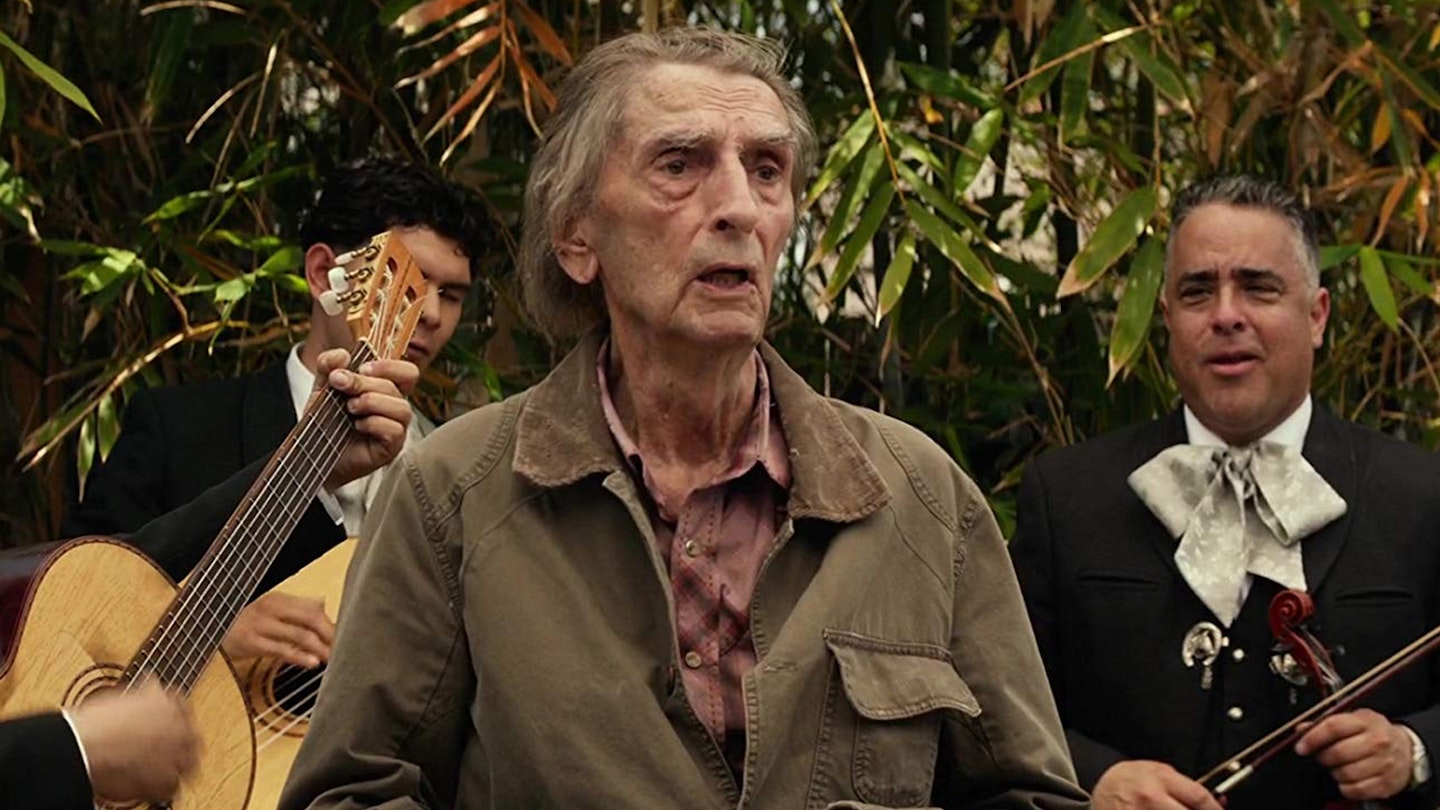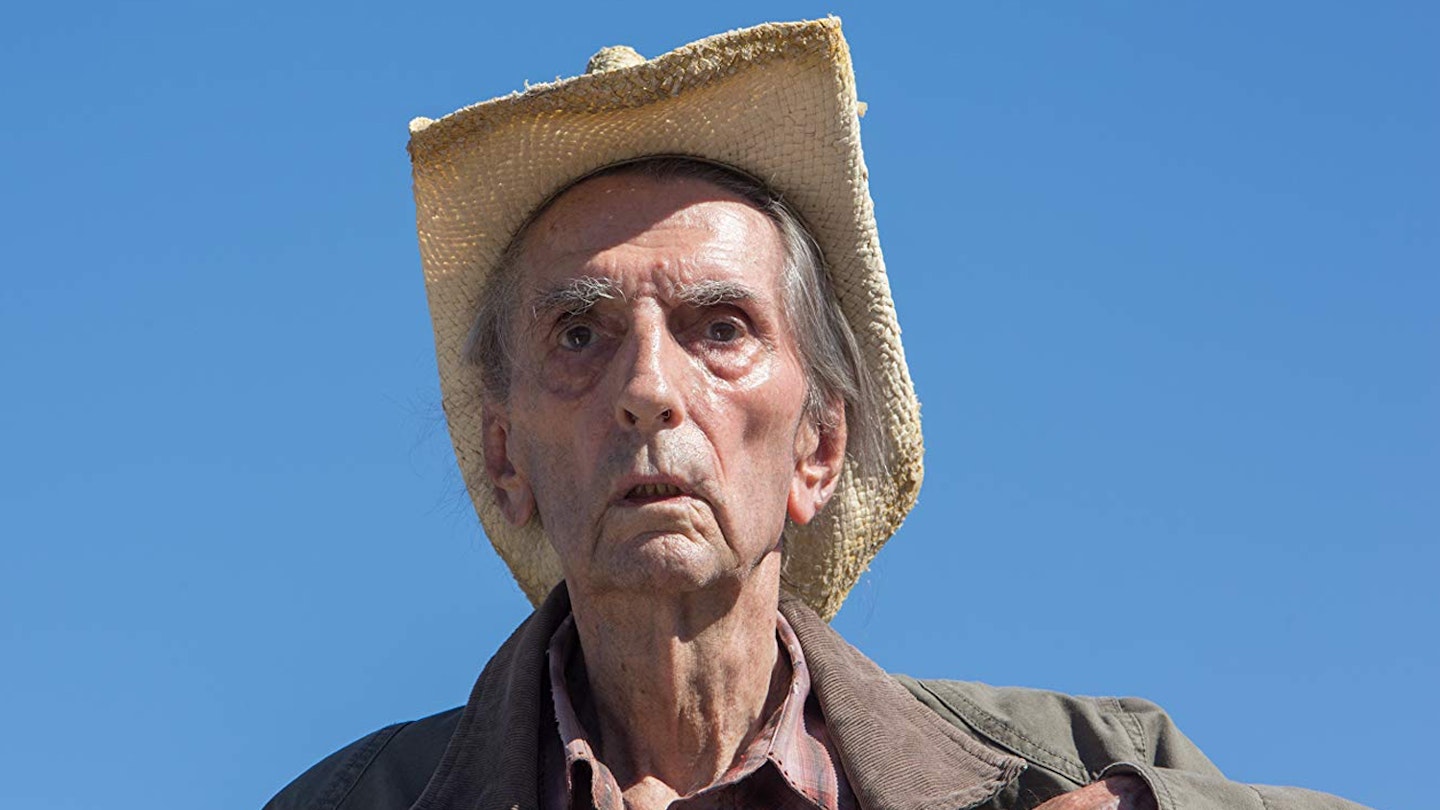Harry Dean Stanton is Lucky. No, he really is Lucky. This hazy, winding desert zephyr of a movie from actor-turned-director John Carroll Lynch (you likely know him best as Norm Gunderson from Fargo) is drawn from the life of its late leading man. The details of the eponymous character — Lucky is unmarried, he served as a cook in the Navy during WWII — mirror the minutiae of Stanton’s own existence.

One of the two screenwriters, Logan Sparks, was an old friend, and he and co-writer Drago Sumonja locate Lucky in the same dusty, desert hinterland through which Stanton strode in his most celebrated starring role, Paris, Texas. It tells the tale of a 90-year-old man who lives on the cusp of a small community from which he (incorrectly) considers himself separate, and on the very precipice of this mortal coil. They craft the script as a love letter to the man and to the actor.
It's a fitting curtain call for one of America's great character actors.
And what an actor. This is a slender narrative, a story defined by conversations and introspection. There is no major drama — a tortoise is lost, someone has a party, Lucky wants to smoke indoors — so the film lives or dies by Stanton’s performance. Not surprisingly, it brims with vim and vigour, much like Lucky himself, the comedy and tragedy etched upon that sandblasted visage, each moment written in the lines that gouge his face like desert ravines. Lucky is a man as prickly as a saguaro cactus and as unforgiving as the landscape they furnish. And yet such is Stanton’s nuance and the depth of his proficiency, we, like the townsfolk he eschews, can’t help but welcome him into our hearts.
When Lucky’s self-sufficiency is challenged by a fall, and fear of the end creeps into his life, Stanton softens his character, bringing down his guard to reveal his frailty. His song in Spanish
at a friend’s fiesta, when he embraces a broader friendship, will bring a lump to your throat. The supporting cast — led expertly by Stanton’s old buddy and director David Lynch, who plays his tortoise-loving friend Howard — capture perfectly the town’s frustration with, and its fondness for, this singular old man.
First-time director John Carroll Lynch has shaped a sensitive meditation on the art of dying, of accepting our fate and acting accordingly, and his elegant shot composition reveals the beauty and the wildness of Lucky’s environment. There is a clever use of shot repetition as he frames the rhythm and the structure of Lucky’s everyday. His greatest achievement, however, is his realisation that what he needs most of all is to stand back and let Stanton loose.
